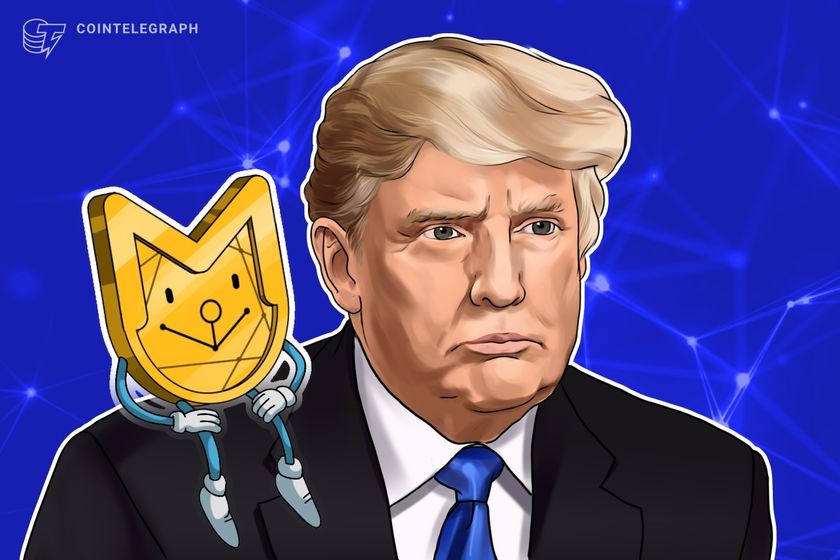

As Polygon lays the groundwork for mainstream Web3 adoption in India by bringing blockchain access to over 450 million Reliance Jio users, it remains focused on balancing speed, scalability and affordability, without compromising on decentralization.
Polygon is working with Jio, a telecom giant owned by India’s richest man, Mukesh Ambani, to find ways to infuse blockchain technology into its existing services. The duo is currently adding blockchain-based capabilities to the JioSphere web browser, which would have been expensive, cumbersome and time-consuming via traditional methods.
“We’re building at an insane pace, onboarding massive partners, and pushing blockchain into the mainstream, but with that growth comes the responsibility to make sure we’re doing it the right way,” Polygon’s co-founder, Sandeep Nailwal, said while discussing Polygon’s India-focused initiatives with Cointelegraph.
Preserving decentralization while ensuring system scalability
“Scalability and decentralization don’t have to be either-or, and that’s exactly the balance we’re focused on at Polygon,” Nailwal said as he underscored the importance of keeping the core values of blockchain intact: security, transparency and decentralization.
At the same time, Nailwal revealed that Polygon is investing heavily in zero-knowledge technology to make scaling more seamless across the ecosystem. “The goal is to give developers and users the best of both worlds: faster, cheaper transactions without compromising trust or decentralization,” he added.
As a result of delivering the combination of low fees, fast transactions and decentralized security, Polygon is already powering some of the most active use cases in Web3, from stablecoin payments on Polygon PoS to real-world tokenization with major institutions:
“The key challenge is making blockchain as seamless and accessible as Web2 without compromising what makes it special. That’s why we’re all-in on ZK technology and Agglayer, which let us scale while keeping the ecosystem trustless and interoperable.”
Bringing blockchain tech to millions of users
According to Nailwal, a one-size-fits-all approach does not work when onboarding 450 million users from India’s diverse population. “We’ll be working closely with Jio to develop use cases that truly resonate with their users, and gradually onboard them onto the chain based on these real-world applications,” he added.
Nailwal said that developers never have to compromise on the fundamentals, as Polygon’s infrastructure can scale without sacrificing what makes blockchain powerful in the first place:
“What excites me most is that we’re moving beyond technical discussions about blockchain to solving real problems for real people. These are the use cases that will drive the next wave of adoption.”
“At the end of the day, it’s about more than just technology. We’re here to create a decentralized future that billions of people can actually use. And while that’s a massive challenge, it’s also what excites me the most,” Nailwal said.
Related: Indian town adopts Avalanche blockchain for tamper-proof land records
Real-world problem solving will drive the next wave of adoption
Rising threats driven by artificial intelligence tools, including deepfakes and other misinformation campaigns, are another use case blockchain technology can help solve. Nailwal said that the escalating threat of misinformation and growing consumer insistence on trusted sources will eventually result in an uptick of blockchain-based verification tools.
Additionally, Nailwal highlighted the growing relevance of Polymarket, a cryptocurrency-based prediction market, in mainstream finance and reporting. “Polymarket’s success is exactly what we’ve been working toward,” he said, adding:
“Prediction markets are proving to be incredibly valuable tools for finance, risk assessment, journalism and even governance. They pull in insights from a wide range of sources, often making them more reliable than traditional polling.”
Nailwal is placing his full bet on blockchain’s immutable nature to transform economic forecasting, policy-making and journalism, among others.
Magazine: Your AI ‘digital twin’ can take meetings and comfort your loved ones



